
After a busy day of work, chores, family time, working out, commuting, and juggling the other responsibilities in our lives, we finally slip under the covers and sink into the comfort of the mattress feeling exhausted and ready for a restful night of sound sleep. However, in one of life’s cruel ironies, many people find themselves unable to fully relax and fall asleep. The dreaded routine of flipping the pillow, shifting the blankets, and staring at the ceiling in restless frustration starts to play out as precious minutes we should be sleeping start to pass.
Unfortunately, sleep issues and insomnia are quite common among adults, with difficulty falling and staying asleep being a prevalent challenge. While there are numerous factors that affect sleep, the foods and drinks you consume are one factor we can fully control to get better sleep. Most people have experienced the energizing jolt a strong cup of coffee can cause or the drowsiness after a large turkey sandwich for lunch.
As your day starts to wind down, make your food choices work double duty by silencing your hunger pangs and promoting healthy sleep by choosing from the following foods to help you fall and stay asleep at night:
Turkey and Chicken
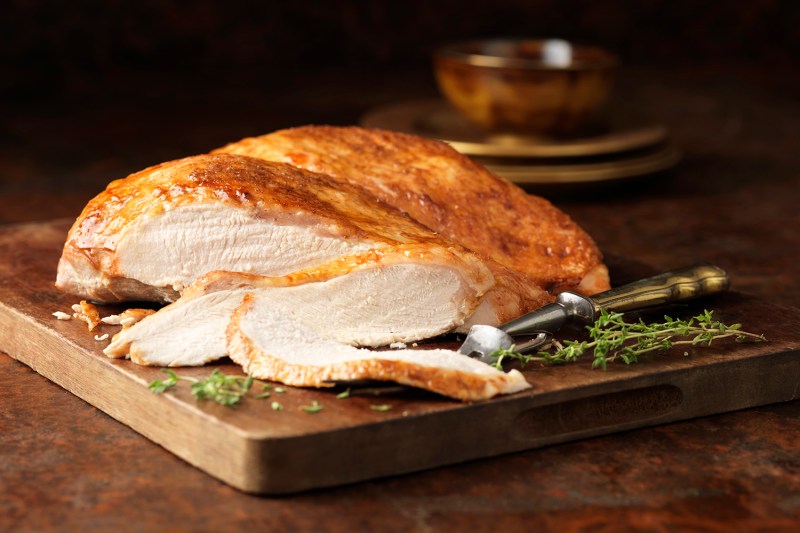
Turkey and chicken are two of the best sources of dietary tryptophan. Tryptophan is an essential amino acid used by the body to synthesize various proteins and niacin, a B vitamin. Tryptophan can also be converted to a molecule known as 5-hydroxytryptophan or 5-HTP, which is a precursor for the neurotransmitter serotonin and the hormone melatonin. Both serotonin and melatonin help regulate the body’s circadian rhythms or sleep-wake cycle. By consuming foods high in tryptophan, such as turkey and chicken, you can help ensure your body has adequate levels of this amino acid to support ample serotonin and melatonin production.
Bananas
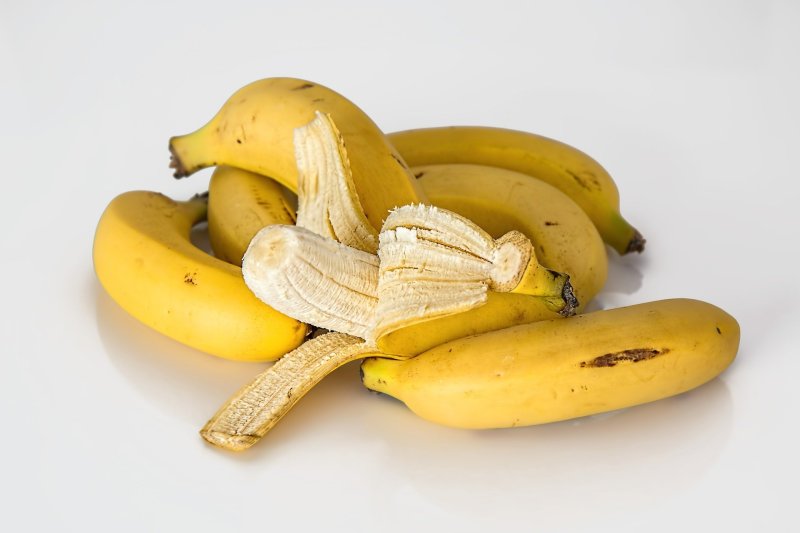
Bananas not only provide melatonin, but they also contain a lot of magnesium, a mineral that acts as a natural relaxant in the body as it deactivates adrenaline. Magnesium can help your brain and muscles relax, soothing your body into a calm state so you can sleep.
Milk
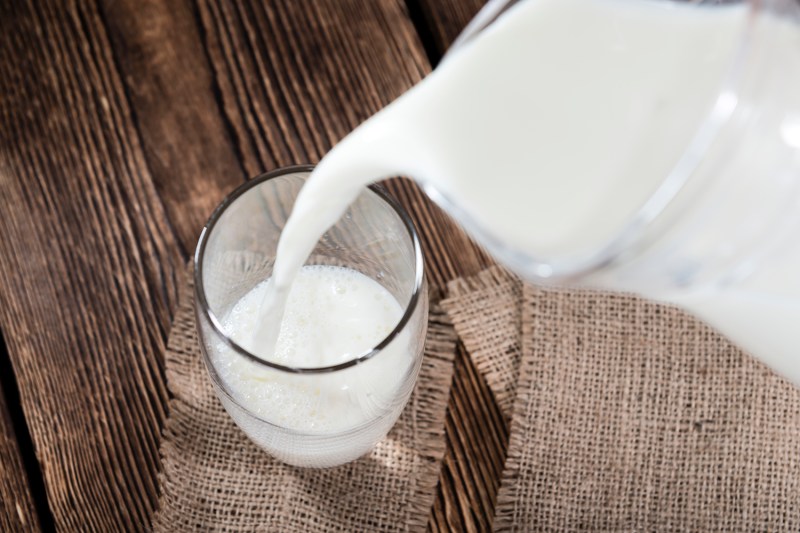
It may come as no surprise that milk lands on a list of the best foods to help you sleep at night. After all, a glass of warm milk is a well-known sleep tonic seen in movies, books, and tv shows, and as it turns out, there’s actually some truth behind this remedy. Milk is high in both tryptophan and melatonin, a powerful combination to promote sleep. It’s also a good source of calcium, a mineral that’s needed for the body to produce more melatonin. Calcium-rich diets have been shown to alleviate symptoms of insomnia.
Chamomile Tea
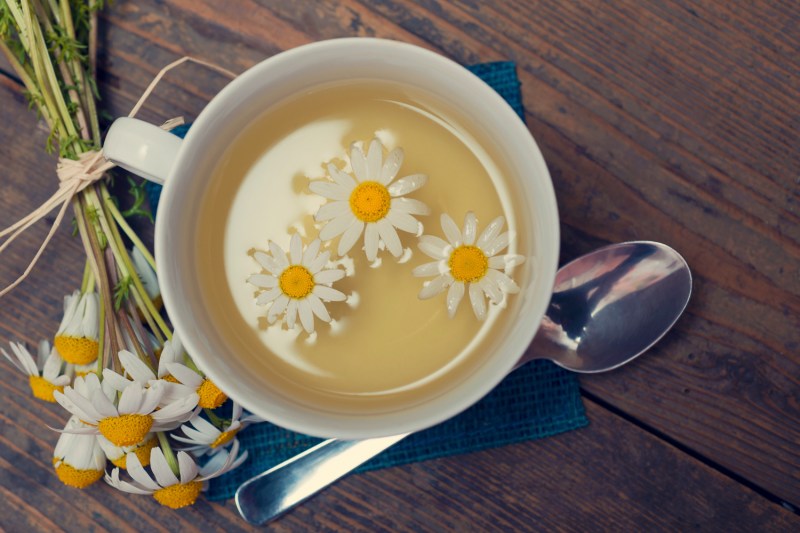
Chamomile tea is a popular herbal tea enjoyed for its soothing properties and ability to reduce anxiety. Enjoy a cup of chamomile tea before bed or find a sleep tea blend that harnesses the relaxing benefits of this flower.
Kiwi
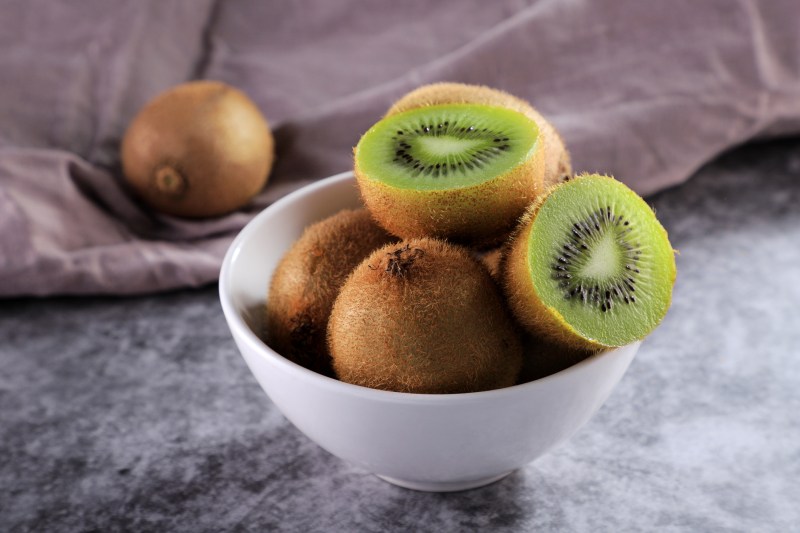
According to research, kiwi may help improve sleep and reduce the symptoms of insomnia. Kiwi is packed with vitamin C, an antioxidant that combats oxidative stress and can reduce inflammation.
Passionflower Tea
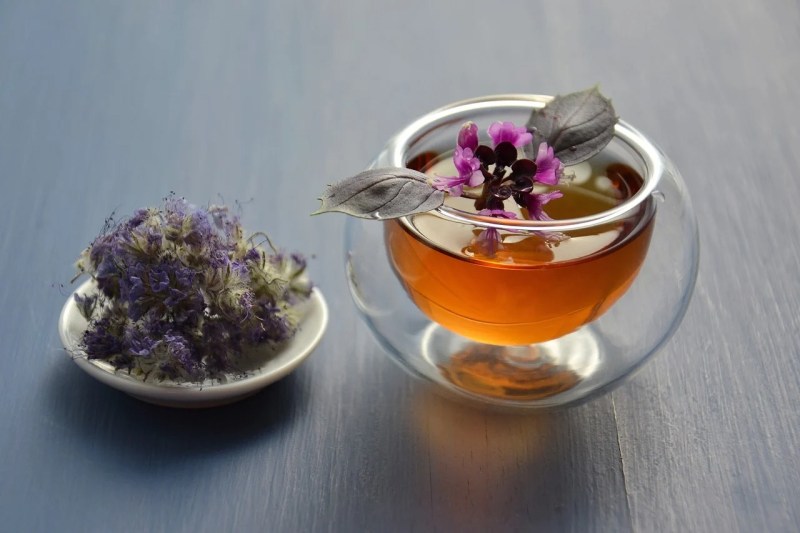
Passionflower is said to reduce anxiety and reduce insomnia. It’s often used in herbal bedtime teas to help induce drowsiness and help you fall asleep.
Fatty Fish
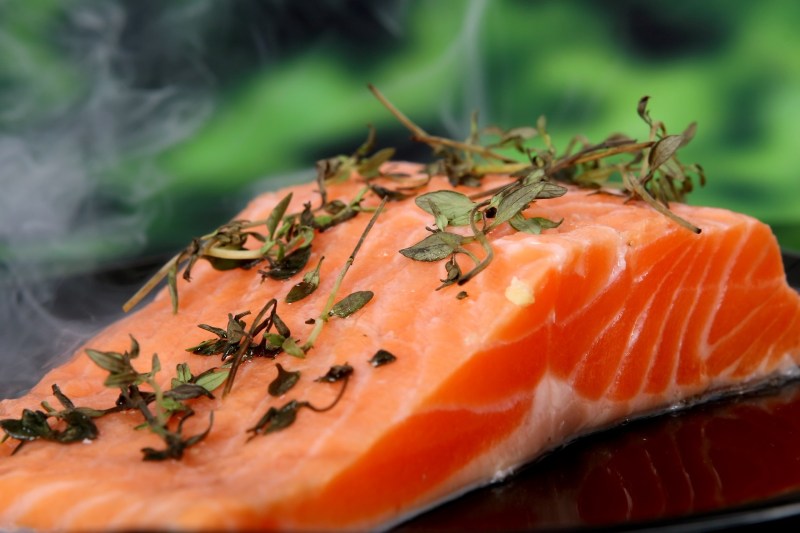
Fatty fish, such as salmon, tuna, and mackerel, are packed with key nutrients like healthy omega-3 fatty acids, protein, vitamins. Fatty fish also contain a lot of tryptophan, making them a sleep-supportive dinner option. A 6-ounce fillet of salmon or tuna contains a whopping 570 mg of tryptophan, which is 203% of the RDI for a 70-kg person. Sardines also contain a lot of calcium.
Oysters
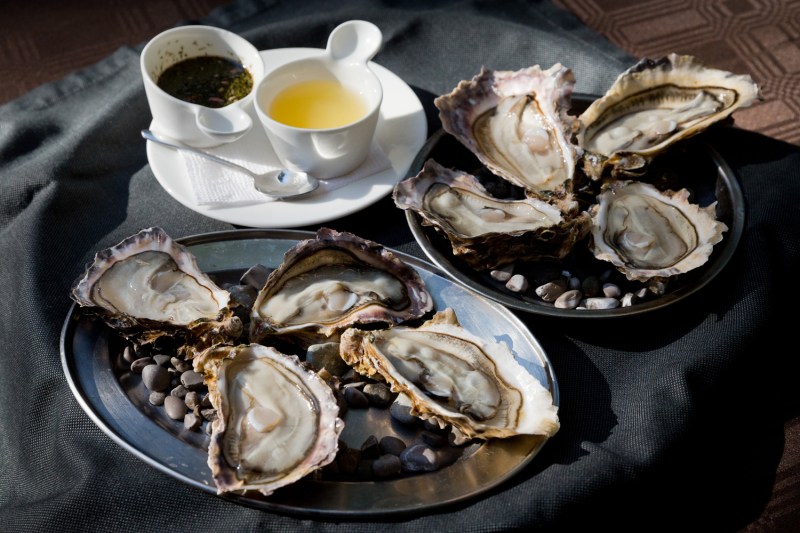
Oysters contain both serotonin and melatonin. They also are an excellent source of zinc, a mineral shown to also support healthy sleep. Studies have found that a zinc-rich diet (due to the consumption of oysters) boosts sleep quality.
Tart Cherries
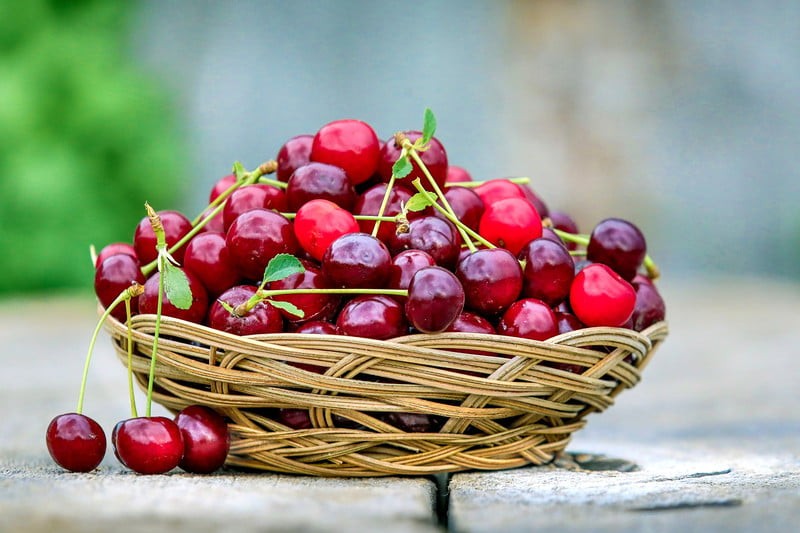
Tart cherries are one of the best sources of melatonin. Unlike sweet cherries found in the produce section of the supermarket, tart cherries are a distinct variety with a sour flavor typically sold as tart cherry juice or concentrate. To add tart cherry juice to your diet, try swirling a little into yogurt or cottage cheese or adding it to smoothies.
Nuts
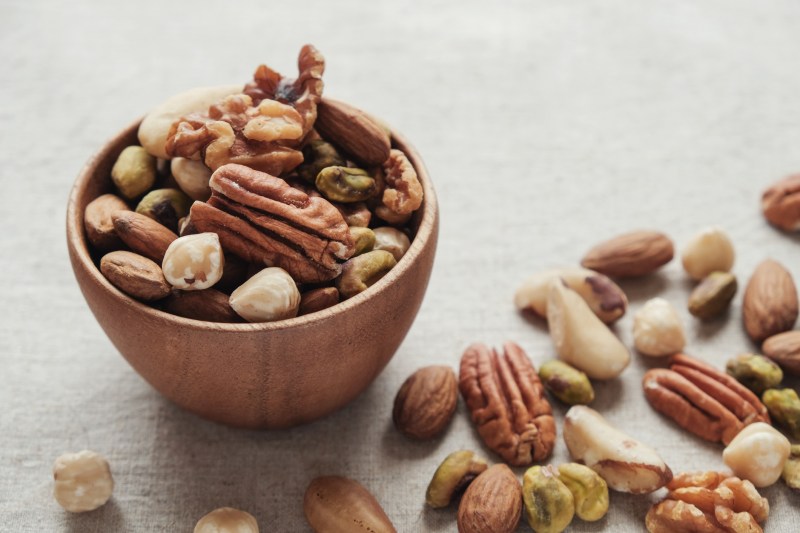
Nuts — particularly almonds and pistachios — are a rich source of melatonin. Nuts also contain omega-3 fatty acids, which are also thought to improve sleep quality.
Peanuts and Other Legumes

Peanuts and legumes such as lentils, beans, and soy are great sources of tryptophan. Soybeans, in particular, also contain a lot of magnesium and calcium, which both help the body produce more melatonin. Edamame or tofu make great vegan protein options or you can enjoy soy milk or soy yogurt before bed. You can also enjoy peanut butter on banana slices for a double dose of nutrients that help you sleep.



